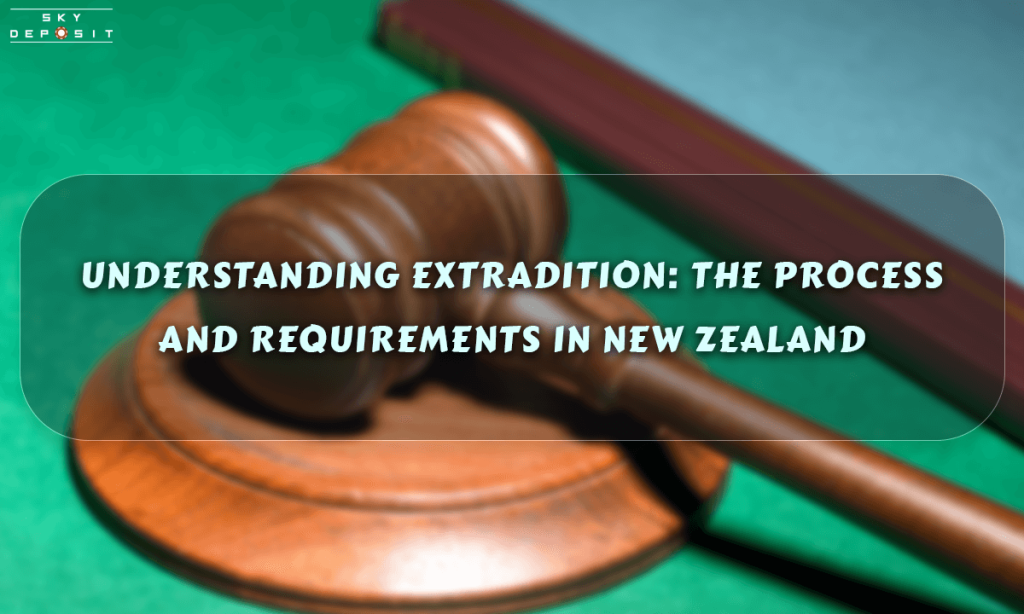
List of Best NZ Online Casinos
🔝Top-Rank 🔏 Trusted & Licensed ⚡️ Fast Payouts 🇳🇿 High Payouts
Last updated: 7 June 2025
Introduction
Extradition is a complex process that involves multiple jurisdictions and international legal agreements. It’s the official process where one country transfers a person accused or convicted of a crime to another country where the crime was committed or where the person is wanted for trial or punishment. In this article, we’ll explore how this process works, specifically within the context of New Zealand’s legal system.
Extradition Laws in New Zealand
The laws governing extradition in New Zealand are mainly outlined in the Extradition Act 1999. The Act provides a framework for the extradition of persons to and from New Zealand and defines the crimes for which extradition may be granted.
The Extradition Process
Extradition Request
The process typically begins when a foreign state submits a formal request for extradition to the New Zealand government. The request must include information like the identity of the person sought, the nature and details of the alleged or convicted crime, and evidence of the person’s guilt or conviction.
Provisional Arrest
In urgent cases, New Zealand authorities can provisionally arrest a person before receiving a formal extradition request. The foreign state must then submit a formal request within 40 days of the provisional arrest.
Court Hearing
Once the request is received, the Minister of Justice issues an order to commence proceedings, and the case goes to court. The court determines if there’s enough evidence to warrant extradition. If so, the case is referred back to the Minister of Justice.
Ministerial Decision
The final decision on extradition rests with the Minister of Justice. The Minister considers factors like whether the extradition would violate the person’s human rights or would be unjust or oppressive. If the Minister approves, the extradition proceeds.
Extradition Treaties and Agreements
New Zealand has extradition treaties with certain countries, which ease the extradition process. However, New Zealand can also extradite to countries with which it doesn’t have a treaty, under certain conditions defined by the Extradition Act.
Conclusion
Extradition is a significant legal process that requires careful consideration of international obligations, domestic laws, and human rights. In New Zealand, the Extradition Act 1999 provides a comprehensive framework for this process. While it’s a complex and time-consuming process, it’s a crucial part of international cooperation in the fight against crime.

















[…] process of extradition, wherein one country hands over an individual accused or convicted of a crime to another […]
[…] New Zealand, as in most jurisdictions, you generally cannot be extradited for a lawsuit. The purpose of extradition is to allow individuals to face criminal prosecution or to serve a sentence for a criminal offence. […]